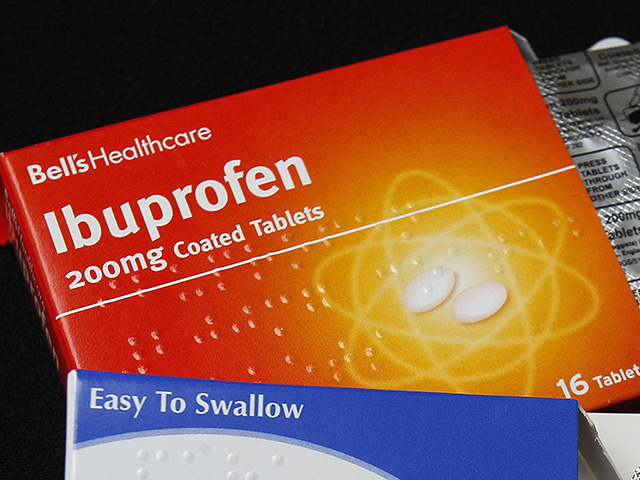Researchers suggest that the common drug helps combat problems caused by mutations in the MAN1B1 gene.
Scientists from the University of Utah conducted an experiment on fruit flies that had a mutated MAN1B1 gene in their eyes. Children who inherit two defective copies of this gene may experience developmental delays, obesity, aggression, distinctive facial features, and a variety of other problems. There is currently no effective treatment for this disease, called MAN1B1-congenital glycosylation disorder.
In the case of flies, the mutation changed the shape and color of the eyes, making them smaller and paler. The researchers tested about 1,500 existing drugs, 51 of them helped return the insects’ eyes to a normal, large and bright red state, and 47 drugs worsened the situation. Among those that normalized eye conditions, nine were nonsteroidal anti-inflammatory drugs (NSAIDs), such as ibuprofen and its analogues.
These drugs block the enzymes COX1 and COX2, which helps reduce inflammation in the body. In their natural environment, flies lack the MAN1B1 gene, so the activity of these enzymes was increased, and treatment with ibuprofen helped to reduce it. Also, when the amount of COX was reduced genetically, the flies’ eyes were restored to their normal shape. This suggests that excess enzyme activity becomes a problem when the MAN1B1 gene fails to perform its quality control function.
The researchers believe the results of the experiment were promising and hope that further trials will confirm the effectiveness of ibuprofen in treating genetic diseases.
